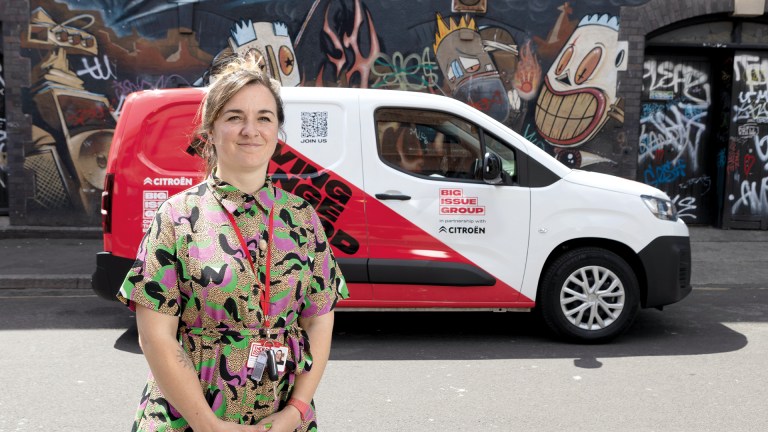Going green has become non-negotiable for many consumers in recent years, with over half of us trying to make sustainable choices where we can according to Nielsen IQ. This has led to a series of brands announcing ethical changes, with companies from Tesco to TK Maxx implementing plans to reach net zero. But as almost every firm is promoting sustainable credentials, how can you identify businesses really prioritising planet over profit, rather than just creating a green-tinted smokescreen?
Corporations that can’t back up their promises are often accused of greenwashing – the practice of making false or misleading claims about how sustainable a product or service really is. It’s become commonplace as shopping habits change but is also being exposed more readily. High-profile investigations into misleading claims have been launched by the Competition and Markets Authority at companies including Asos, Asda and Unilever, the firm behind brands including Persil, Magnum
and Hellmann’s.
Get the latest news and insight into how the Big Issue magazine is made by signing up for the Inside Big Issue newsletter
“These companies are misleading consumers” says Nusa Urbancic, CEO of the Changing Markets Foundation. “Often they are charging you a premium price for their so-called green products.”
In reality green claims are often just a marketing tool. “A lot of people think that if you pay a little bit more for a greener product, you’re actually contributing to saving the planet,” says Urbancic. This isn’t true. If you buy from businesses with vague environmental claims “you are being ripped off”.
Fortunately, there are straightforward ways of verifying whether environmental claims stack up. “Look at a company and see what its actual plans are,” says Matthew Cotton, Professor of Environmental Justice and Public Policy at Teesside University.









